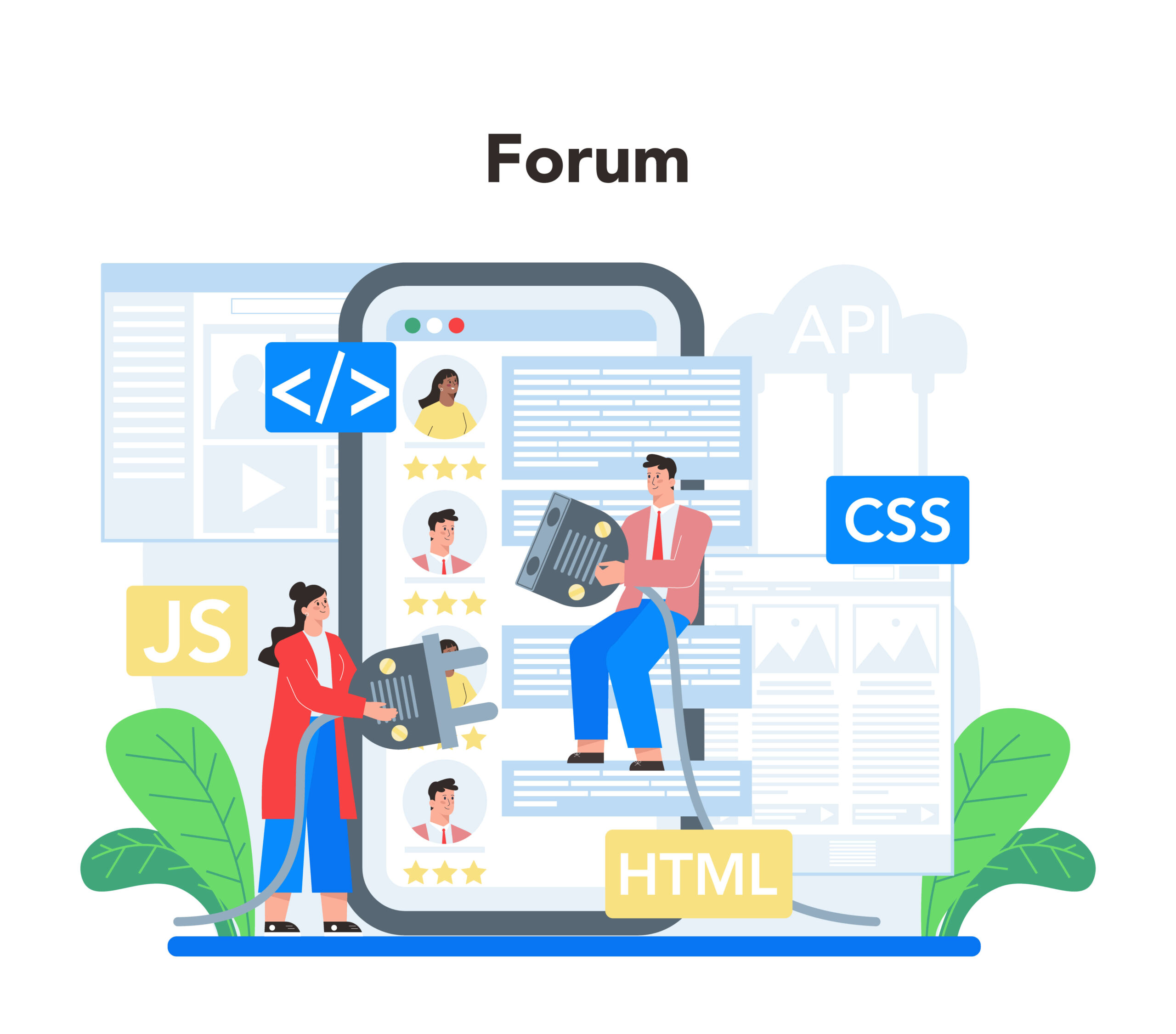Choosing Swift for High-Performance Financial Applications

In the world of mobile app development, the financial industry presents unique challenges. Financial apps need to be fast, secure, and capable of handling complex transactions while maintaining a seamless user experience. Whether it’s a banking app, a payment gateway, or an investment platform, financial applications require an advanced development approach that prioritizes performance and security.
While both native and cross-platform development methods have their merits, Swift is often regarded as the ideal language for building high-performance iOS financial apps. Meanwhile, cross-platform development offers the flexibility to reach a broader audience on both iOS and Android with a single codebase. This article will explore why Swift is a great choice for financial apps, while also examining how cross-platform development could offer a viable alternative depending on the app’s requirements.
The Demands of Financial Applications:
Financial applications must handle numerous sensitive tasks, such as managing accounts, processing transactions, ensuring encryption of user data, and providing real-time market information. These tasks require robust security, fast performance, and seamless integration with APIs, all of which can be achieved through the right development approach.
When deciding between native Swift development and cross-platform frameworks, startups and established businesses must consider the specific demands of their financial application, including its target audience, complexity, and desired features.
Why Swift Is the Best Choice for High-Performance Financial Apps:
Swift, Apple’s native programming language, has gained immense popularity for building iOS applications that require high performance and security. Here are some key reasons why a Swift App Development Company is often chosen for developing financial apps:
- Superior Speed and Performance: Swift is known for its exceptional speed and performance, making it a powerful choice for financial apps that require real-time updates, data processing, and fast transaction handling. Since Swift is a compiled language, it runs directly on the device’s hardware, which leads to better performance compared to interpreted languages used in many cross-platform frameworks.
For instance, apps that process large amounts of financial data—such as stock trading platforms or digital wallets—can benefit from the speed and low-latency performance that Swift offers. By working with a Swift App Development, businesses can ensure their financial app is optimized for speed, reducing the risk of slow loading times or delayed transactions that could negatively impact the user experience. - Security Features: Financial apps deal with highly sensitive data, including personal and financial information. Swift provides a robust security framework that helps developers create apps with strong encryption, secure data storage, and protection against vulnerabilities. Swift’s type-safe nature reduces the risk of errors in the code, minimizing potential security risks.
Native Swift apps can also integrate with Apple’s hardware security features, such as biometric authentication (Face ID, Touch ID), secure enclave for storing sensitive information, and end-to-end encryption. For businesses that prioritize the security of their financial app, Swift is an excellent choice due to these built-in security features. - Seamless Integration with APIs and Services: Financial apps often rely on third-party APIs for real-time data, transaction processing, and market analytics. Swift allows for seamless integration with these APIs, enabling apps to fetch and process data efficiently. The tight integration with iOS services ensures that financial apps built with Swift can handle complex API interactions without compromising on performance.
- Compliance with iOS Security Standards: One of the key benefits of working with a Swift App Development is ensuring that the app complies with Apple’s stringent security guidelines. Apple’s App Store requires financial apps to meet specific security standards, including data encryption and secure transactions. Swift’s security protocols make it easier to meet these requirements, ensuring that the app can be approved and distributed on the App Store without issues.
Cross-Platform Development for Financial Apps:
While Swift offers numerous advantages for building high-performance iOS financial apps, cross-platform development also has its place in the financial industry, particularly for businesses that want to reach both iOS and Android users with a single codebase. Cross-platform frameworks like Flutter, React Native, and Xamarin allow developers to build financial apps that work on multiple platforms, reducing the cost and time of development.
- Cost-Effectiveness for Broader Reach: Cross-platform development offers significant cost savings, as developers can build an app that works on both iOS and Android without needing two separate codebases. This is particularly beneficial for startups and smaller financial institutions that need to maximize their budget while reaching a broad audience.
A Cross-Platform App Development Company can help businesses develop financial apps that provide a consistent user experience across platforms, making it easier to enter both iOS and Android markets simultaneously. This approach also simplifies app maintenance, as updates and bug fixes can be rolled out to both platforms at the same time. - Achieving Sufficient Security with Cross-Platform Solutions: While cross-platform frameworks may not offer the same deep integration with iOS security features as Swift, they still provide robust security protocols for financial apps. Frameworks like Flutter and React Native offer encryption, secure API connections, and integration with biometric authentication (such as fingerprint recognition). Additionally, financial apps built with cross-platform technologies can still meet the necessary compliance standards for both iOS and Android, ensuring that user data is protected.
- Performance Considerations: Performance is a critical consideration for financial apps, and while cross-platform apps may not match the speed of native Swift apps, modern frameworks have significantly narrowed the performance gap. With features like Flutter’s hot reload and React Native’s use of native modules, developers can optimize cross-platform apps to deliver near-native performance, especially for less resource-intensive financial applications.
However, for highly complex apps that require real-time data updates, such as stock trading platforms or apps that handle large volumes of transactions, the performance benefits of native Swift development become more apparent. In these cases, Swift App Development can deliver the best possible performance for iOS users.
When to Choose Swift for Financial Apps:
If your financial app requires top-level performance, advanced security features, and seamless integration with iOS services, Swift is the ideal choice. Swift App Development can build an app that takes full advantage of Apple’s ecosystem, ensuring that the app meets the highest standards of security and performance. Swift is particularly well-suited for financial apps that need to process real-time transactions, provide complex data analysis, or interact with sensitive information.
When to Choose Cross-Platform Development for Financial Apps:
If your financial app needs to reach both iOS and Android users quickly and cost-effectively, cross-platform development may be the better option. A Cross-Platform App Development can help you build a secure financial app that works across multiple platforms, ensuring a consistent user experience without the added expense of developing two separate apps. This approach is ideal for startups or smaller financial institutions that want to test their app on both platforms before committing to a native development strategy.
Conclusion:
Choosing the right development approach for a financial app depends on your app’s specific requirements for performance, security, and reach. A Swift App Development can provide the best performance and security for iOS apps, making it the ideal choice for high-performance financial applications. Alternatively, a Cross-Platform App Development offers a cost-effective solution for reaching a wider audience across both iOS and Android.
By considering the unique demands of your financial app and weighing the pros and cons of each development approach, you can make an informed decision that ensures the success of your app in a competitive market.

